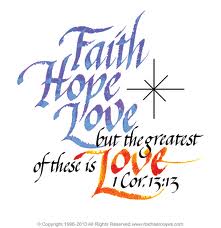God Chases Runaways

Jonah 1:1-2
The word of the LORD came to Jonah …
But Jonah ran away from the LORD.
Do you remember the TV series, “The Fugitive” (and then the movie version in 1993? It was about Dr. Richard Kimble’s efforts to find the one-armed man who had killed his wife.
Police thought he had done it, so he was on the run.
He was a fugitive.
The Bible tells us we’re fugitives from God.
That’s because we’re sinners, and have broken His laws.
Unlike Dr. Kimble, though, we are guilty.
As fugitives, we are running away from Him.
We don’t like to think of ourselves that way.
God Chases Runaways Read More »






